The cause of global environmental decline is clear: an immense and rapidly growing human economy. In response, environmentalists should advocate policies leading to fewer people and lower per capita consumption, not one instead of the other. Addressing both provides our best hope of creating sustainable societies and preserving Earth’s remaining biodiversity.
by Philip Cafaro
There are numerous threats to global ecological sustainability; one well-known approach speaks of nine planetary boundaries for safe human use of the biosphere. These include the two defining environmental challenges of our time: global warming and biodiversity loss. The first threatens a much less hospitable world for our descendants, the second a world where millions of other species leave no descendants. We are well on the way to creating such a dangerous and depauperate world. Most of the fossil fuels ever used and most of the anthropogenic warming ever caused have been in the last 40 years—and we are burning more fossil fuels and heating the world faster than ever. The number of wild vertebrates declined 69% in just the past 50 years, extinction rates across all major taxa are hundreds to thousands of times above background rates—and these rates are increasing.
The cause of global environmental decline is clear: an immense and rapidly growing human economy, which was twenty-five times larger at the end of the twentieth century than it was at the beginning. Our carbon emissions are a function of feeding, clothing, housing, warming, cooling, transporting, and amusing unprecedented numbers of people in unprecedented luxury with unprecedently powerful technologies. So are the habitat loss and degradation driving biodiversity loss. Ocean acidification, excessive freshwater withdrawals, toxins poisoning soils and waters; in every case, immense human economic demands are driving the rush past boundaries for biospheric health.
The obvious solution is to decrease the size of the human economy. Under the “if you find yourself in a hole, quit digging” principle, we might at least pause our ceaseless scaling it up. Unfortunately, humanity has built a powerful global economy around the primary goal of rapid, continuous growth. People want their economic demands met, not questioned, and there are more of us than ever—billions more. Furthermore, a dominant economic ideology espouses the possibility, necessity, and goodness of endless growth. Yet realistically, without limiting growth, global environmental decline will continue.
Imagine a doctor examining a new patient suffering from hypertension, high cholesterol, hyperglycemia, joint pains, chest pains, and shortness of breath—and weighing 360 lbs. Whatever else she suggested, it is hard to imagine a conscientious physician not prescribing diet changes with a goal of significant weight loss. She would warn the patient of his elevated risk of stroke, heart attack, and diabetes. She might talk up other common benefits of lower weight, such as higher energy levels and positive mood. What she would not do is encourage him to eat three desserts instead of two, while simultaneously scheduling him for bariatric surgery. Yet that is what contemporary environmentalism has become, cheering on economic growth, while advocating expensive and dangerous technological fixes to ameliorate its worst environmental impacts. With this approach, we cannot consider using fewer resources or less energy. In fact, we need to use much more—but we can make this use “green.” We can “decarbonize” our economies, even “decouple” our economic activity from its material impacts altogether.
We indulge these fantasies to distract ourselves from unappealing realities. The obvious solution to our global environmental problems is also the only feasible solution. As a matter of interspecies justice and intergenerational prudence, the global economy needs to shrink, not grow.
*
This is the overarching context in which we should discuss procreation and consumption. In a recent essay in the journal Environmental Ethics titled “Procreation vs. Consumption,” Swedish philosopher Kalle Grill notes that procreation and consumption both have costs and benefits. Therefore, he argues, we should consider these comprehensively when making personal procreation and consumption decisions, or advocating demographic and economic policies for our societies. In particular, we can choose more procreation and less consumption, or vice versa. The implication is that we can use this understanding of costs and benefits to maximize personal or societal wellbeing, however we define these.
All this sounds reasonable. Yet as I note in a response to his paper, Grill’s discussion of these harms and benefits is marred by several dubious empirical assumptions. He assumes most procreation will have little environmental impact, suggesting four-fifths of the world is so poor and consumes at such a subsistence level that increasing their numbers will not contribute much to total environmental impacts. This view is seriously outmoded, ignoring the rise in recent decades of an immense global consuming class numbering in the billions. For a sense of its importance to global environmental impacts, see the figures for carbon emissions by country income groups in Table 1 below, showing nearly two-thirds of current global carbon emissions now come from middle income countries.

Consumption by a growing global middle-class also has helped empty many African forests of “bushmeat” species and fill large swaths of the Pacific Ocean with plastic. Its future numbers matter.
So, of course, do future human numbers in wealthy countries, where many populations continue to grow, and where they instead should be encouraged to decline to sustainable levels. Here, too, Grill is somewhat dismissive, speculating that increasing populations and consumption in wealthy societies could so speed up “social and technological innovation” that these societies could become super-efficient and actually decrease their global environmental impacts.
The actual history of industrial capitalist societies illustrates precisely the opposite. Social and technological innovations are plugged into a system whose goals are increased profits and wealth, thus vastly increasing consumption, production, and overall ecological impacts. Without a change in the fundamental goals of this economic system, it is safe to assume efficiency improvements and increased human numbers will primarily serve to ramp up human economic utilization of the world, not to decrease our environmental impacts.
The very framing of “procreation vs. consumption” is empirically misleading. It assumes a flexibility and ease in decreasing consumption that is implausible. Most wealthy and middle-class people do not want to consume less. Getting them to do so for the common good is hard, and often impossible. Grill’s approach also downplays the fact that any act of procreation necessitates more consumption in the decades to come, barring the untimely death of children. “Procreation vs. consumption” actually means procreation then consumption—in the case of most children born today, a lot more consumption.
Again, the necessary context is a world in which average consumption in most countries, developed or developing, is much higher than in the past; where the overwhelming majority of citizens do not want to cut their personal consumption; and where the businesses and politicians that cater to them certainly do not want them to do so. Furthermore, the international community has committed to significantly raising the consumption of the one to two billion poorest people on the planet, through achievement of the UN’s sustainable development goals. Yet the size of the global economy apparently must decrease to avoid a ghastly future.
Any ethical framework that does not make a central place for discussing limits to human demands on the biosphere cannot guide us through this difficult situation. Most importantly, our societies are so deep into ecological overshoot that we no longer have a choice between reducing our numbers or reducing per capita consumption. Instead, serious environmentalists should advocate policies leading to fewer people and lower per capita consumption. Only thus can we hope to create sustainable societies and preserve what global biodiversity remains.


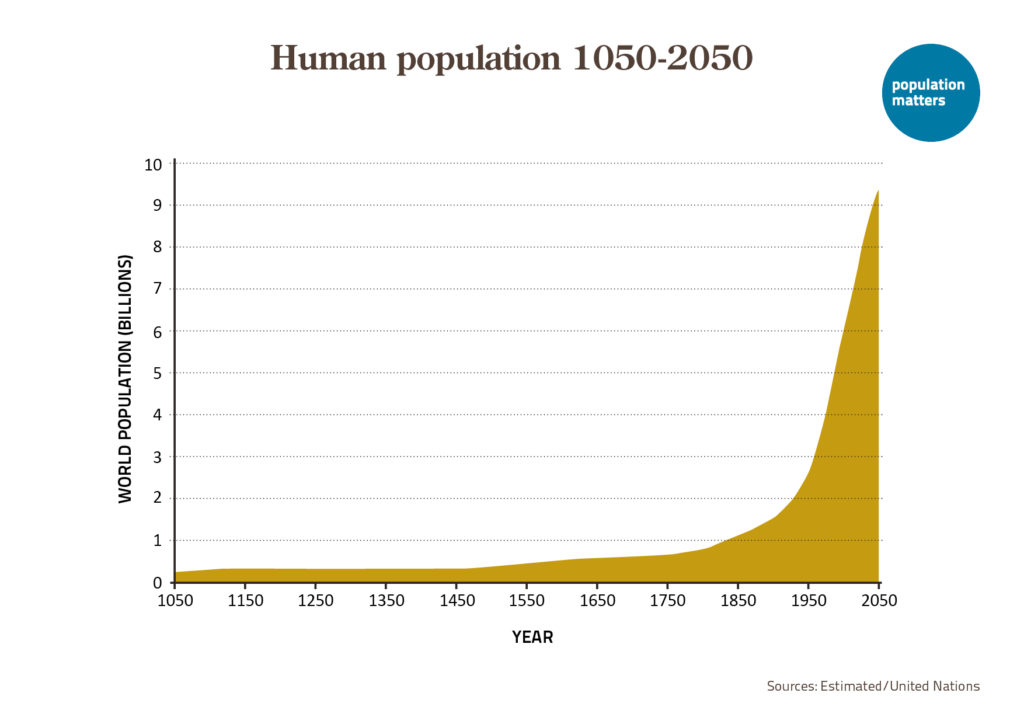
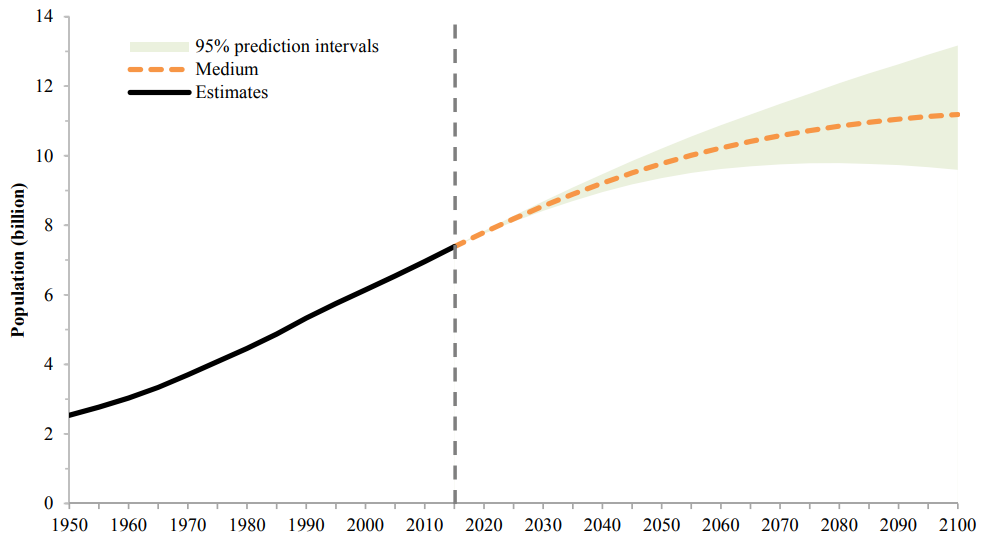
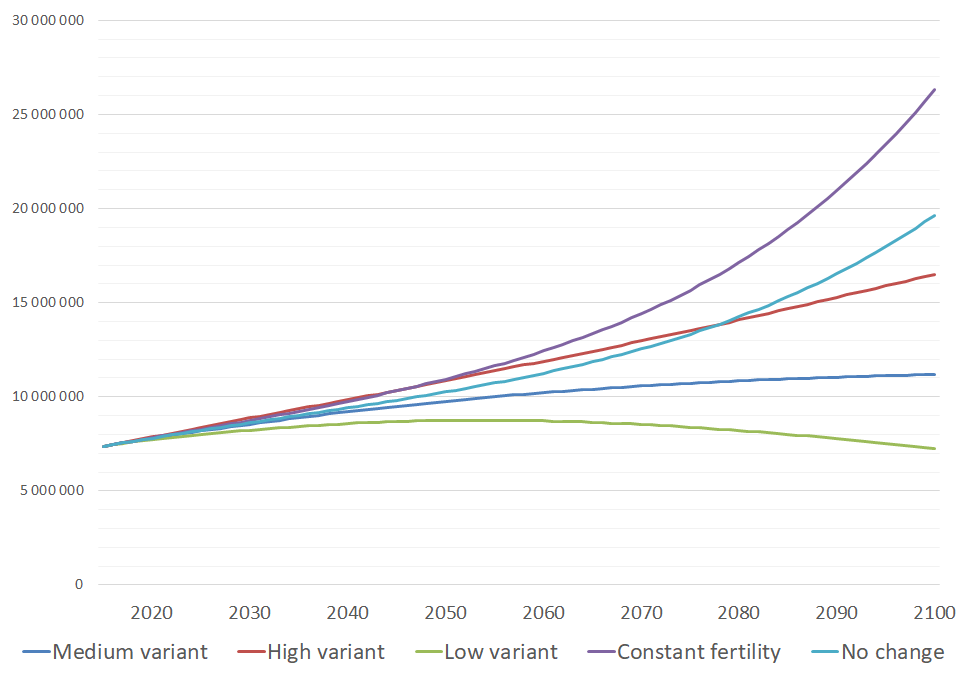
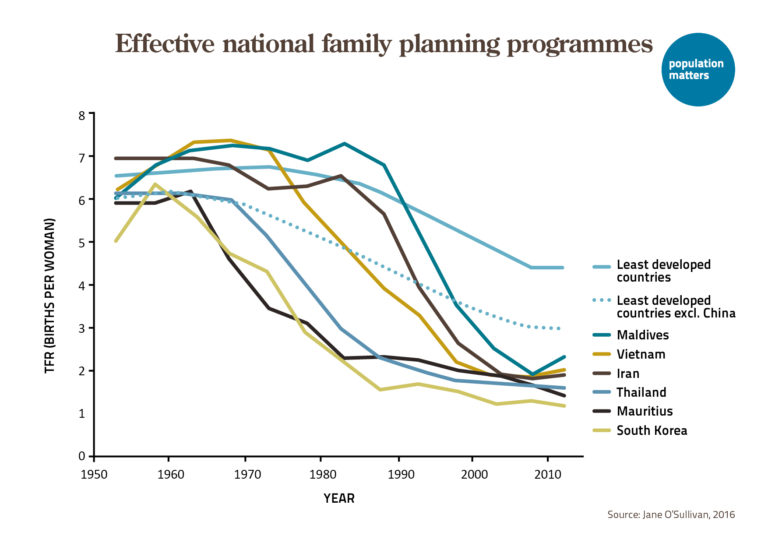

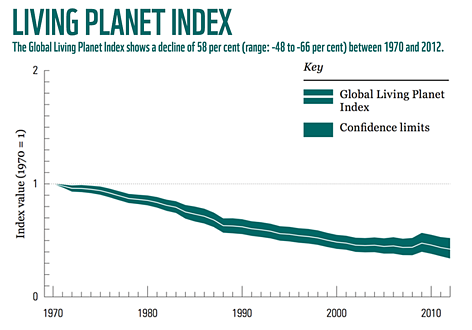
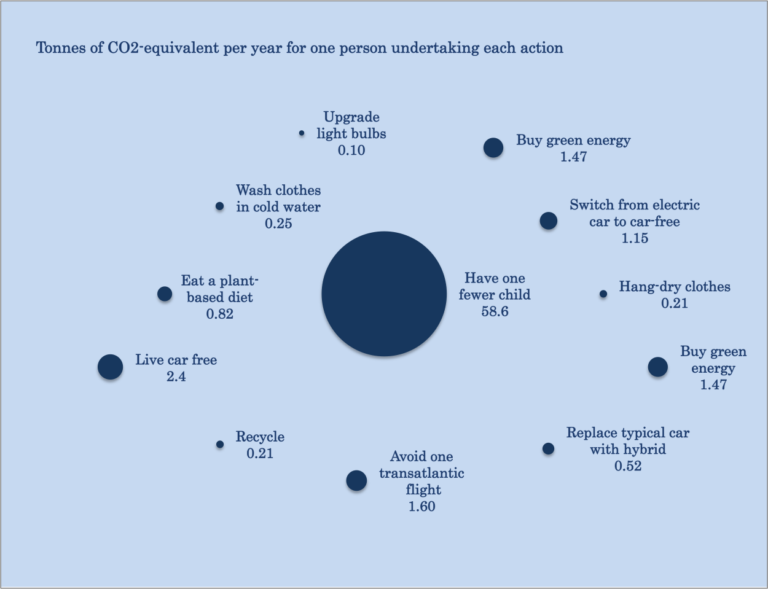
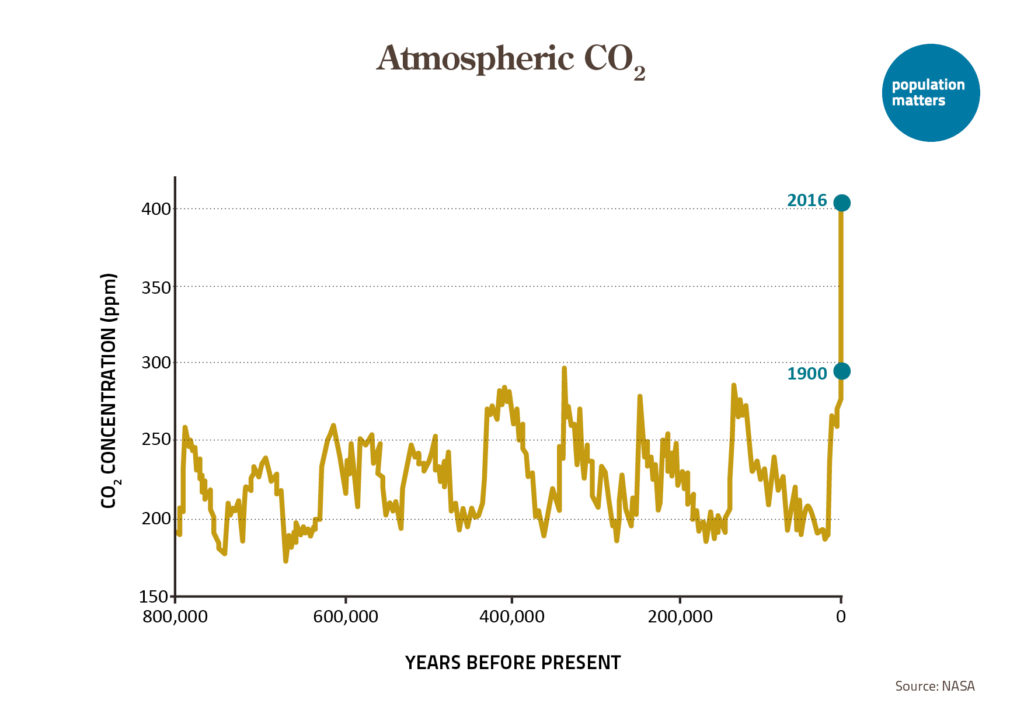
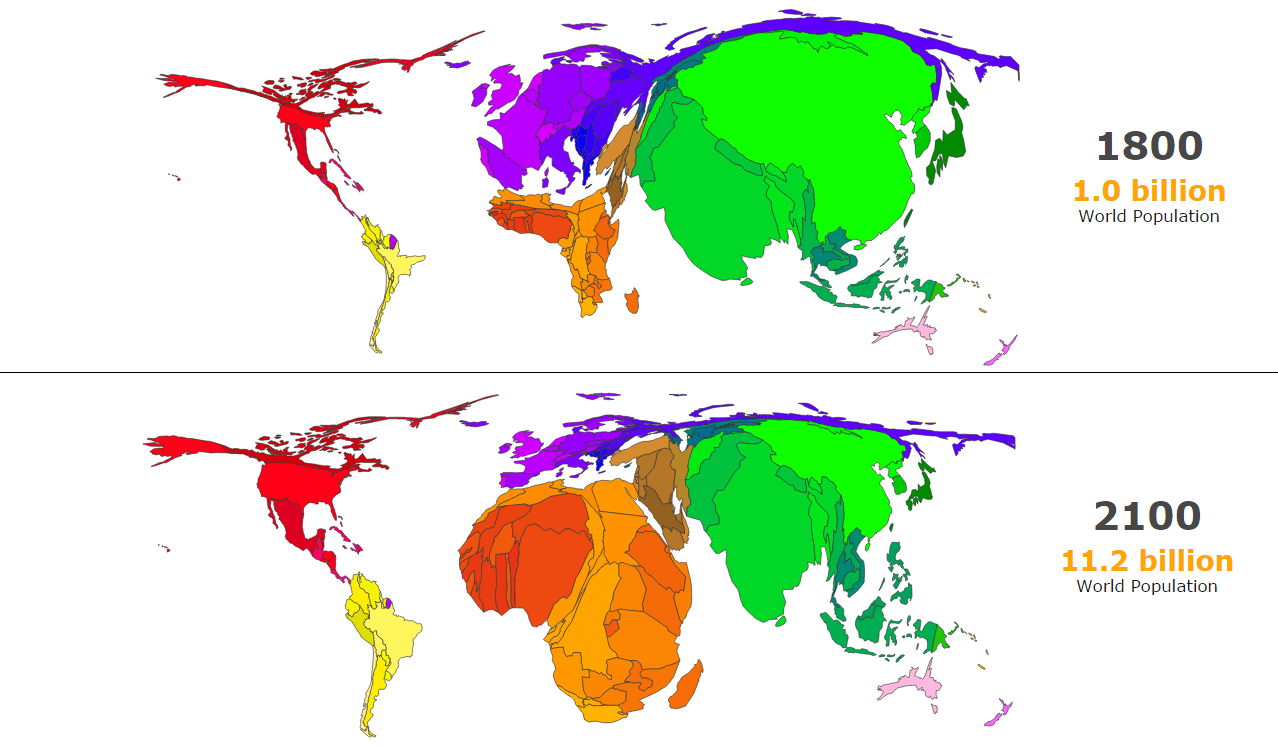
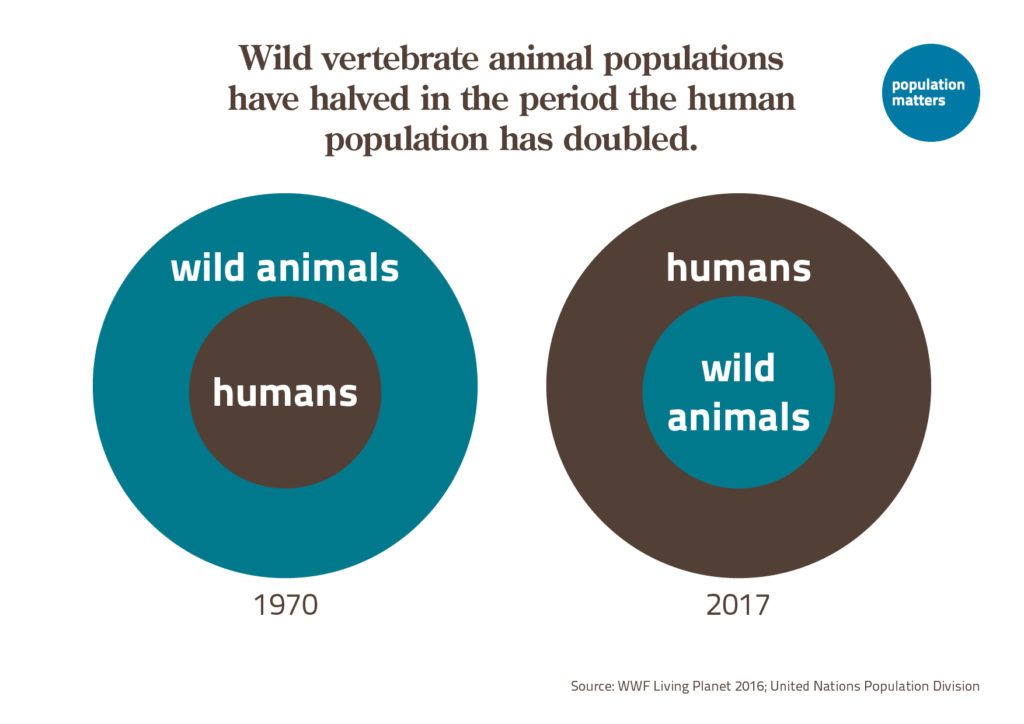
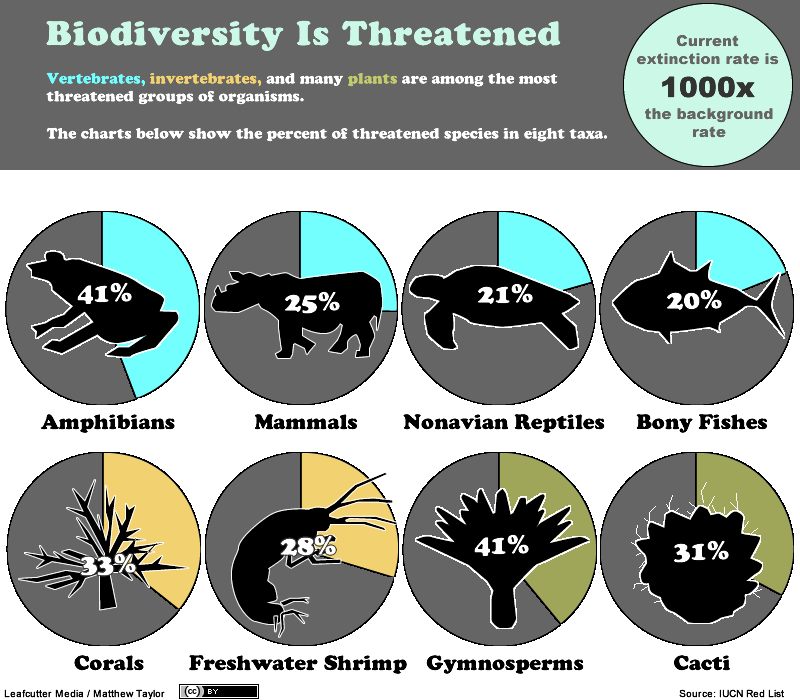
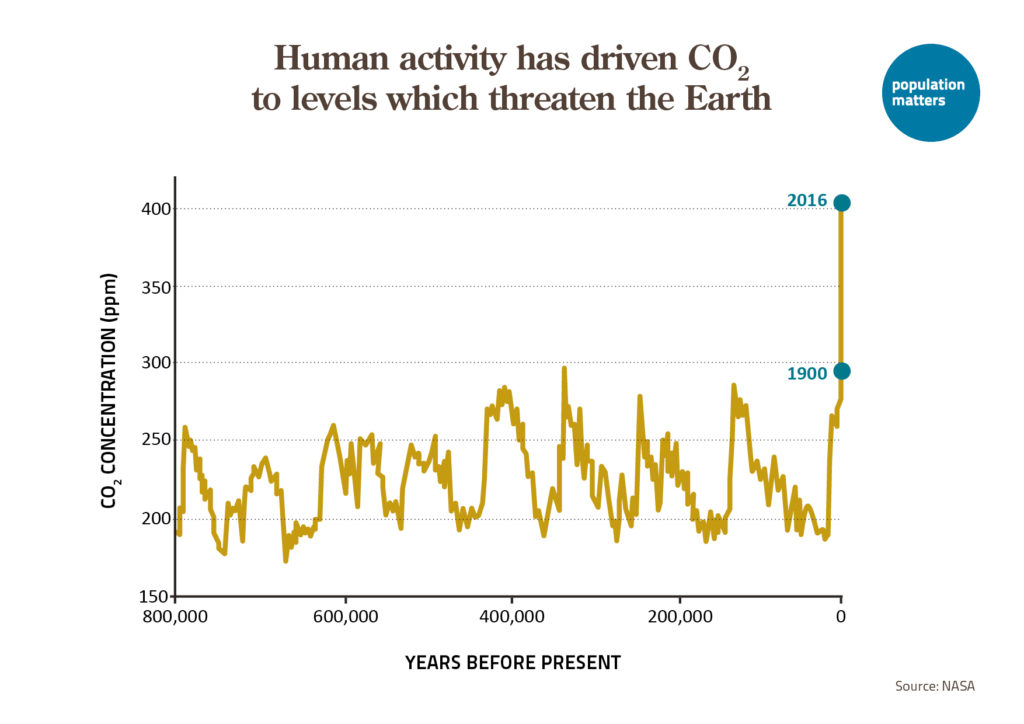
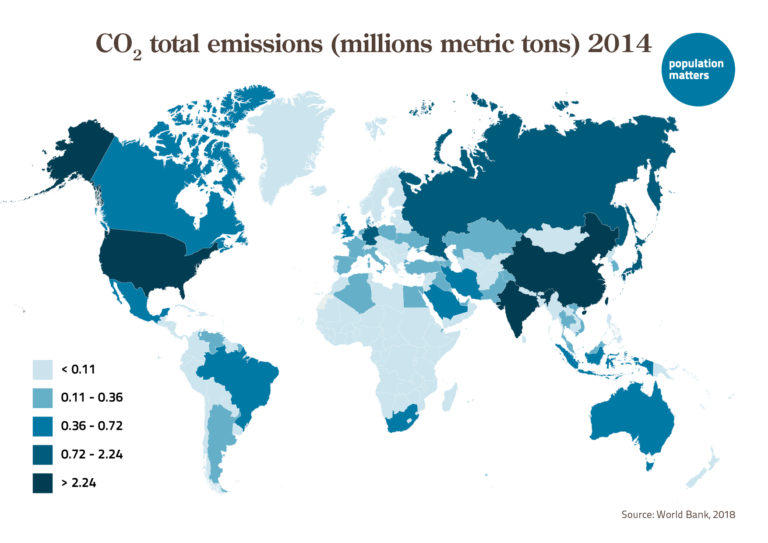

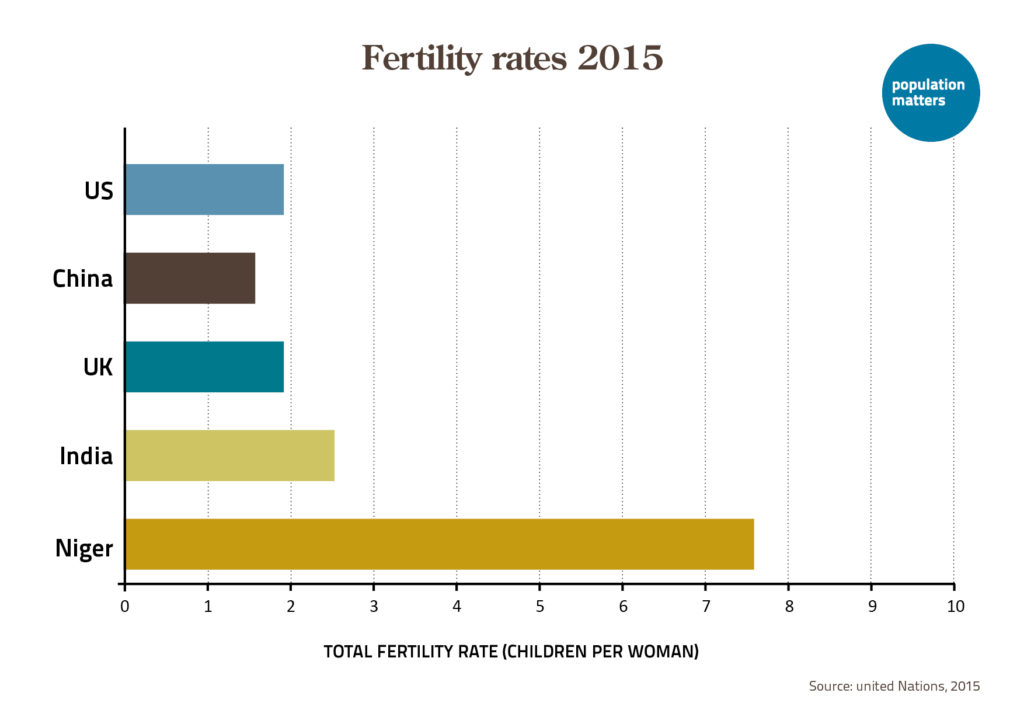
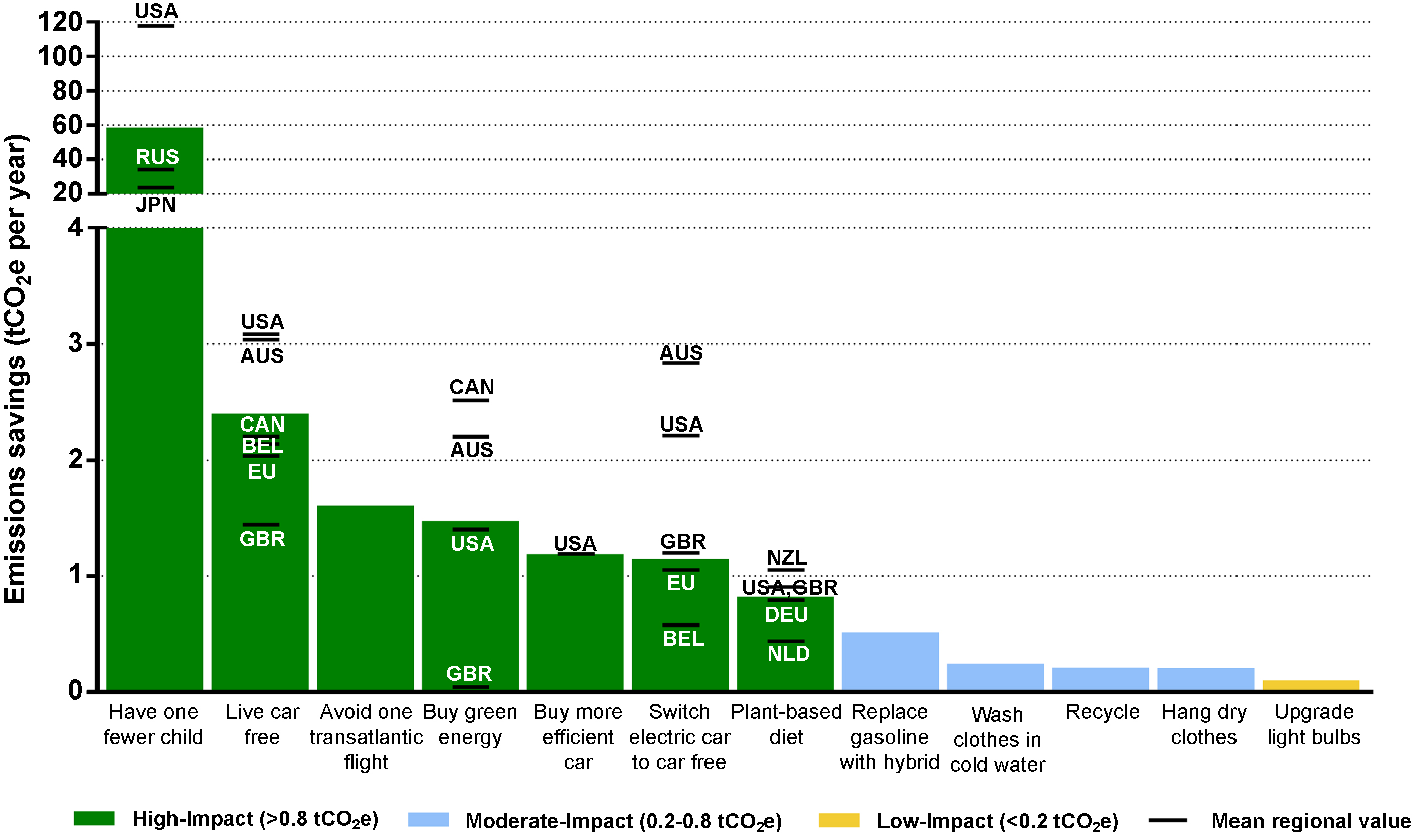



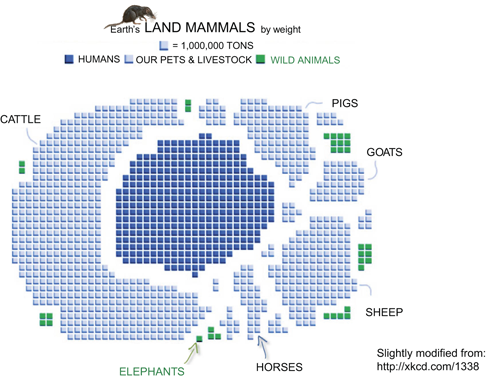

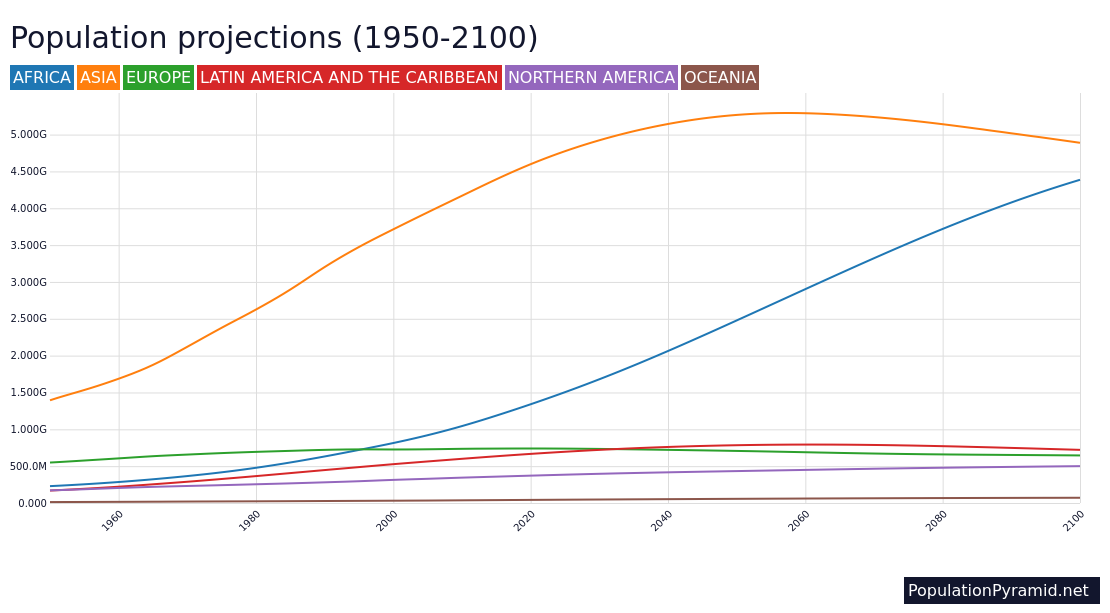
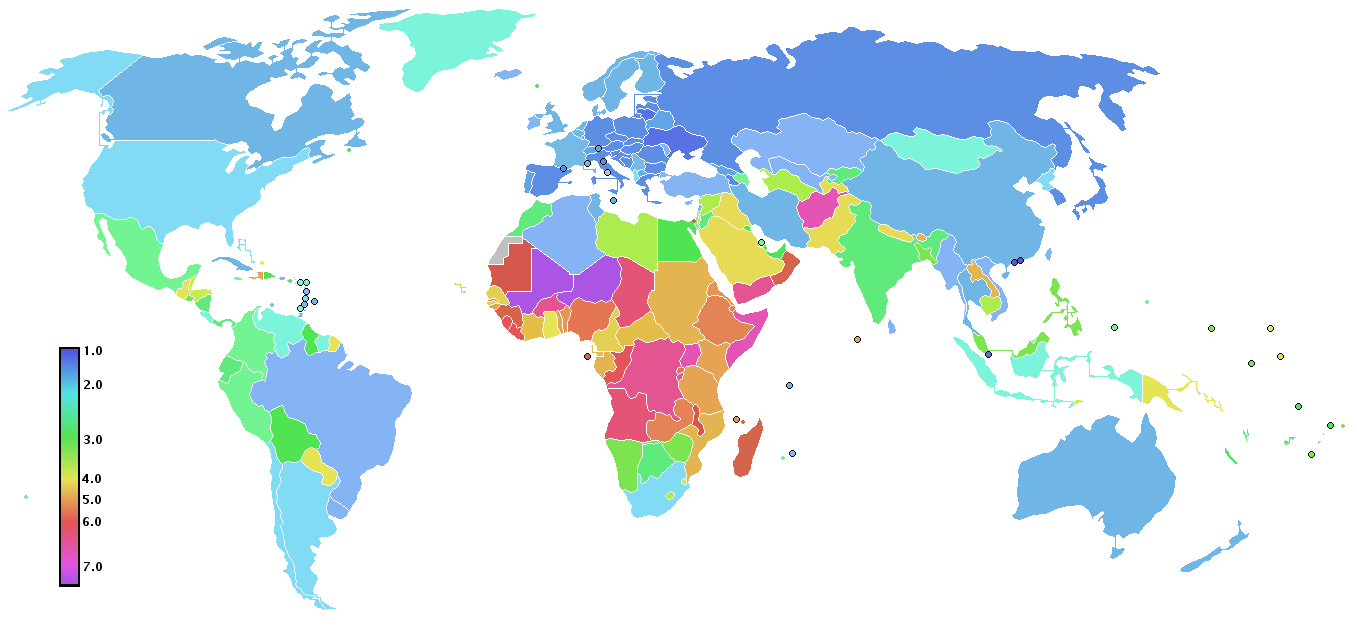
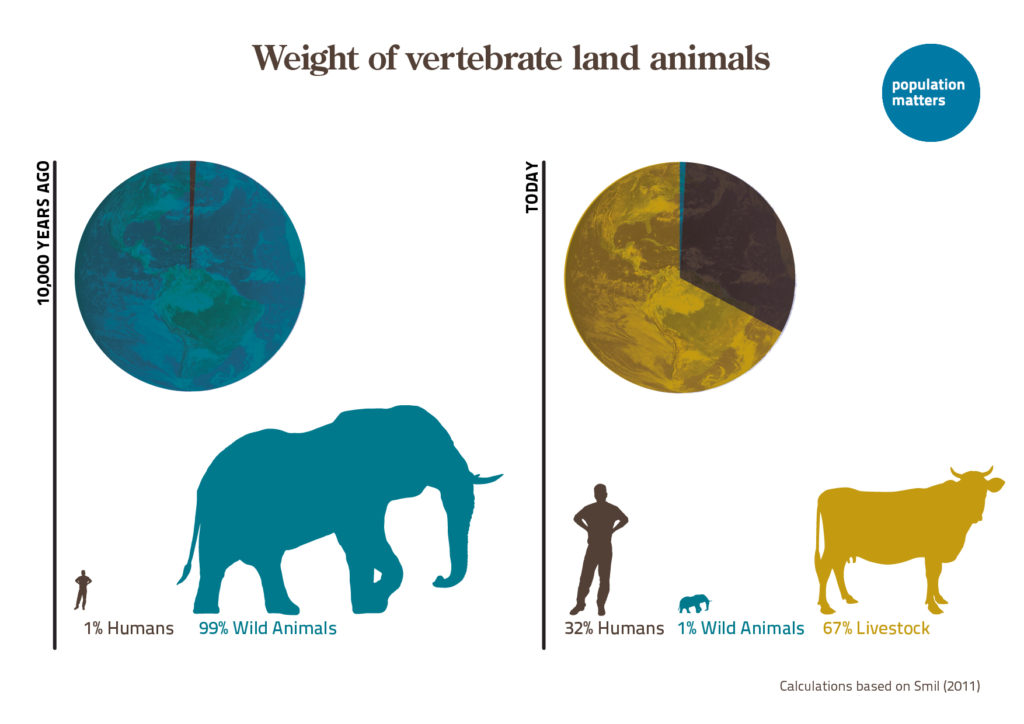

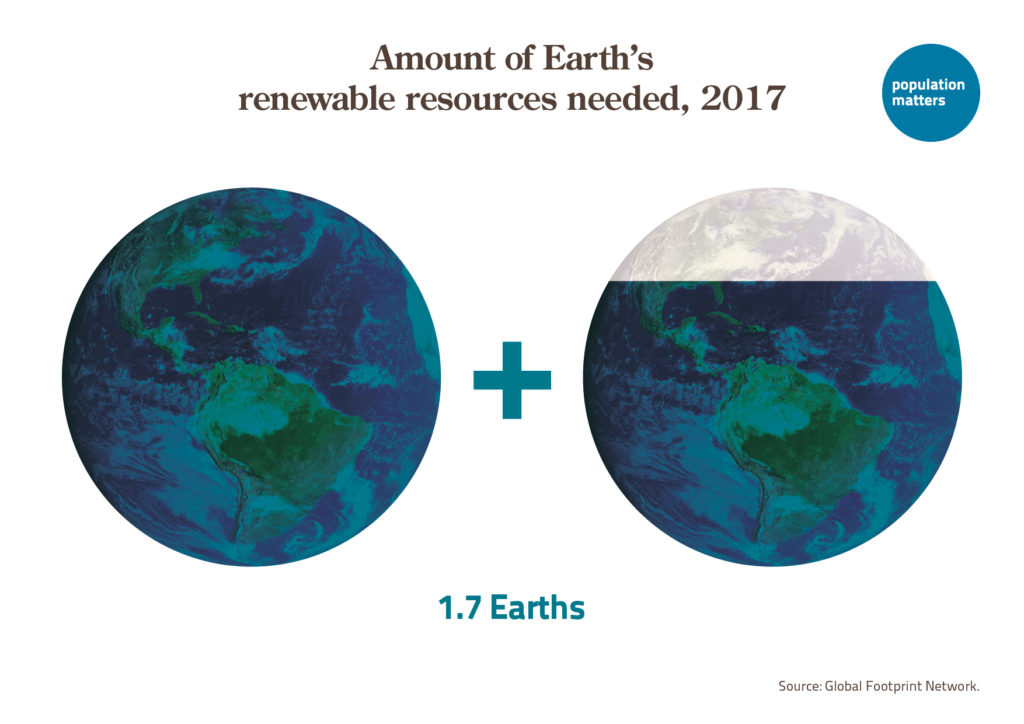


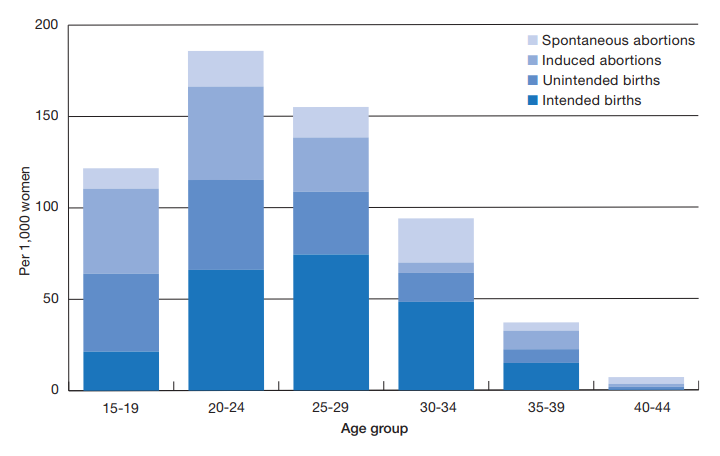
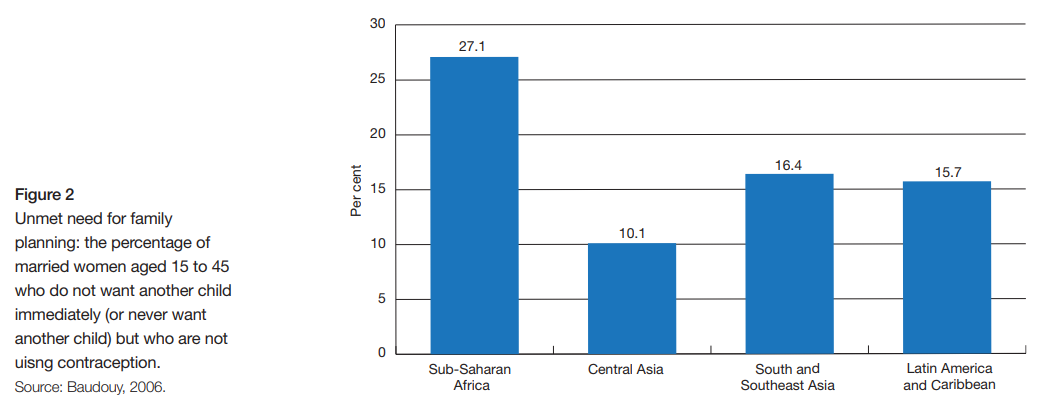
Leave a Reply